Page 1 search results in search engines are precious real estate for brands. The top 5 search results are especially visible from their title tags and generate approximately 70% of the traffic for a keyword.
The #1 result search engine results page is even more valuable if you want to get those title tags noticed and to boost your search volume…
- In 2012, a Compete study found that it gets 53% of organic search clicks.
- In 2013, a study by Chitika found that it gets 32.9% of the traffic share.
- Even with major changes in search results layouts in 2016, it continues to get about 30% of clicks (according to an analysis of 1,049,084 keywords for 24,847 websites by Advanced Web Ranking).
Undoubtedly, the number 1 spot in the search results is no less than a JACKPOT.
Emil, from Snack Nation, generated $100k in recurring revenue by implementing the skyscraper technique into his blog posts. And earned the coveted first spot for his target long tail keyword “wellness program ideas.”
But, in this article:
I want you to reconsider directing your efforts that go towards gaining this prized first search engine results spot and inflating your search volume.
Why?
The top 15 viral websites generate as much as 150 million monthly visitors. And, search engines don’t even sniff around the traffic numbers generated by social media. Look at the comparison between BuzzFeed’s US traffic from search vs. social (June, 2014 data).
So, if a viral non duplicate content piece can make you a hero overnight in the search engines…doesn’t it make sense to shift your efforts towards getting social media into your mix?
Tell me your answer regarding social media after going through the four arguments in the article below.
Unknown factors take you to the top of the search engine results page
As I mentioned, the first page in the search results gets upwards of 70% of the traffic for a keyword. The higher your position, the more FREE traffic you get – from your title tags directly to your site.
So, it’s sensible to perform an on-page search engine optimization audit. Then, launch massive link building campaigns for the pages Google trusts and shows affinity towards on your website which improves your search volume. This often requires a balancing act of strong title tags, well picked long tail keywords, and high quality non duplicate content.
But, nobody knows the exact ranking factors that take your website to the top of the search results and earns you favor with major search engines like Google.
Brian Dean, for example, shared how updating a page’s content and republishing it shot his rankings from #7 to #2 in the search results overnight (for his target short tail and long tail keyword).
But, he also shared how an irrelevant first page search engine ranking for the long tail keyword “how to get high” on his website dropped to 33 after low average on-page time.
Glenys managed to get a first-page search engine ranking solely by adding 14 relevant internal links which made his title tags shoot higher in the major search engine results.
But, which factors contribute the most to lifting your Google search engine rankings and reducing your bounce rate?
Backlinko lists 200 factors, including some controversial ones. Moz surveys search engine experts to predict the core areas of Google’s search algorithm every year.
The fact remains, though, that Google’s search engine ranking considerations are always fluctuating.
In 2011, Eric Schmidt, in a testimony before the U.S. Congress, said that they had made 500 changes to their algorithm in the previous year. In his words,
This indicates we are constantly refining the way that we organize and display information.
If we add other major search engines to the mix, then the picture gets even bleaker for your search volume.
How would you like if you couldn’t rank on the first page of Googles search results with the same link that ranks highly on Bing and Yahoo?
If you’re thinking that you already know the winner in a fight between Bing vs. Google search engines, then think again. It’s not uncommon for Bing traffic to have higher engagement and more conversions than the Google search engine.
So, if you’re interested in Bing search engine optimization, let me quickly summarize a few differentiating factors here.
- Bing understands and even prefers flash websites in its search results.
- It likes exact match keywords and search phrases, and emphasizes on anchor text matching.
- Bing has a strong reliance on social signals.
You might already know that these 3 search engine optimization aspects don’t mirror Google exactly.
But, here’s a sigh of relief for many brands, businesses and SEO companies:
It’s rare to see a website performing well on Google, but not doing well in the Yahoo and Bing search engines.
So, limiting our discussion to a search engine like Google – it’s safe to say that we know a lot of correlations to make smart predictions about its search engine rankings. But even un-optimized websites can rank highly in Google.
Sending 100s of outreach emails to earn backlinks is helpful in picking up search engine ranking momentum. You can also try to appear in Knowledge Graph results and hijack Google News for real-time search engine traffic.
But, the ONLY definitive way of gaining a top berth in all search engines is by buying a listing at the top. And, if the ad quality in your meta description sucks, then even this listing can be dropped.
Google monopolizes its results favoring brands and blackhats that still manage to trick it
As an internet marketer, you must have surely read about Google’s focus on delivering valuable and relevant non duplicate content to the users.
But, despite that, many websites manage to dominate the search engine giant results.
For instance, look at the website BestProducts.com. It was started in October last year. And, within this short duration, it now manages to receive about 600,000 visitors from Google organic search every month. Their search volume has gone through the roof!
SEMRush quantifies the free traffic at $583k.
Amazing?
But, if you fantasize about potential inspirational zero marketing budget stories that led to such search results…
Look at the esteemed associations of this review website.
Eh! Doesn’t feels that awesome now, does it.
Then, there’s another website, Verywell.com. They launched with 50,000 pieces of non duplicate content on common medical conditions. But, that didn’t really help their search engine optimization (as you’ll see later).
They also managed to get 3.6 million visitors within a couple of months after launching (56% of which can be attributed to Google organic).
So, how did Very Well manage to earn such a tremendous authority in the search results?
Well about.com (one of the most authoritative websites on the web) redirected the following health related sub-domains to Very Well. And, with this wave of links its search engine traffic spiked.
In recent comprehensive research by Glen at Viper Chill, he found the 16 companies that dominate Google search results. They have built a network of high-authority domains and interlinking gives them a ranking push without even building backlinks.
Glen also showed examples of dominance in search engine results by these companies in various niches…
Ranging from beauty,
to automotive,
To health, software, technology, gaming and food.
If the above study didn’t surprise you enough about Google’s search results monopoly, then let me tell you another story.
Not so long ago, many SEOs and webmasters used to loathe the classic yet painful outreach-based link building methods. They did stellar keyword research and wrote quality non duplicate content to lower their bounce rate, but building links was the hard part.
So, they relied on a very powerful alternative way to build links…
Private Blog networks (PBNs)…
But, in 2014, the major search engine Google started targeting websites using these private blog networks with a manual penalty. Perrin was earning $3k-$4k per month from his niche website, aPennyShaved.com, in a public niche site project and he was using PBNs.
Spencer Haws from Niche Pursuits shared that both his and Perrin’s niche websites got hit by a thin content penalty.
And, that plummeted their website traffic overnight. Spencer confessed that 10 of his websites were penalized, leading to a loss of about $5,000/month.
Spencer then took a public stance to never rely on PBNs for link building again.
But…
Not all of the blackhat SEOs did the same.
Glen, for example said that he’ll keep growing his link network. His reasoning was that,
Since all of the penalties were manual – it means that Google’s algorithm isn’t smart enough to detect the PBN pattern that many SEOs even confess to be public about.
If PBN links are fed with varied anchor text, then they might still look natural to Google’s algorithm.
So, will the major search giant uncover all PBNs and penalize websites using them?
Maybe in the future.
But, meanwhile, blackhat SEOs still manage to trick Google and earn coveted first page rankings in the search engines.
So, does chasing that first Google spot in the search engines still make sense to you, given this state of affairs?
Maybe SEOs are using link networks or the rankings are maybe dominated by brands, or both. And, such backlinks are hard, if not impossible for you to replicate.
Users don’t rely on search engines alone for finding new content
In 1994, Yahoo was the chief source of finding new content within the search engines with its manually curated information under a selection of topics. Then, Google came along with its automated algorithm and made it so much easier to find information for the users based on both short tail and long tail keywords.
Soon enough, social media platforms were born. You might have liked and followed a few brands on social media and kept yourself aware of their latest updates. Also, the activity of your friends and followers on social media probably led you to discover interesting content, along with driving up the brands success on the search engines, and reducing their bounce rate.
Now, let’s talk about today…
Where do you find new content and blog posts to keep yourself busy now and to share on social media?
I am guessing mobile phones are a huge part of your everyday life. As per Statistia, mobile penetration will grow to 63.4% by 2019.
You might be spending an average of 90 minutes per day on the small screen.
Even the number of Google searches performed on mobile exceeded those on desktop last year.
But, I doubt that you spend majority of your mobile time on search engines like Google. There’s a new breed of software that promises stellar experiences on the smaller screen…
Mobile applications.
Forrester Research found that we spend 84% of our time on mobile apps. And, they are now a primary source as an alternate way to use the web rather than exploring the search engines, scanning title tags, diving into content and reading blog posts.
The funny aspect is that a majority of our time is spent in 5 apps (mainly for entertainment purposes, such as social media apps). While the time spent inside apps has increased, the number of apps used by a person continues to remain the same.
Notice that only Snapchat and Uber have a positive YoY% change. The growth rate for the largest social media apps has now slowed down.
In short, mobile users may not download your new shiny app, even in exchange for the coupons your business might be providing.
Most of the mobile time is increasingly spent inside social media messaging apps, like WhatsApp and Facebook Messenger.
This means that we currently rely on a few mobile apps, besides search engines, for discovering new content.
But the internet industry changes at a rapid rate. In the future, we might see bots within social media messaging apps that act as a source of content discovery. WeChat already has a bot store that allows their users to buy movie tickets, manage banking and do a lot more, all without leaving the app.
With so many avenues for discovering content, it’s time that your brand also thinks beyond Google.
Email subscribers convert better than search engine visitors
Sure you need to drive relevant traffic from search engines, social media, guest posting, blog posts, and other content promotion.
But, traffic from the search engines is just a vanity metric…it’s all about your business’ bottom line, in the end.
In rare instances, you might even need to weed out irrelevant search engine traffic numbers to increase your revenue. William Reed deliberately lowered the search rankings for a client that led to increase in their revenue.
While we’re talking about revenue…
McKinsey, in its 2013 report, found that email remains an extremely effective medium for acquiring customers. Monetate.com, in their quarterly report, compared the conversions and traffic between searches vs. social media vs. email.
And, they found that although search was the top traffic driver…
Email is still the big overall winner. It leads to most pageviews on a site.
And, more than 3% conversions trumped search and social media.
Email marketing has repeatedly been cited as the most effective digital marketing channel for customer retention in the US. The Direct Marketing Association found that it yields a 4,300% ROI for businesses in the US.
Get started with email marketing by reading these 4 case studies and start converting those first-time cold visitors into raving subscribers.
Conclusion
The number one Google search engine position is a prized possession. But, it may not be in the best interest of your business resources, given the complexity of the major search engine giant’s algorithm.
Facebook has already become the number one social media traffic referring source on the internet. And, there are many other marketing avenues that promise better conversions.
So, diversify your traffic sources and move beyond Google. Social media marketing and email marketing are very promising for getting huge audience engagement, fewer bounce rates and more sales.
Do you still actively chase the #1 Google search engine ranking in your marketing? Let me know in the comments.

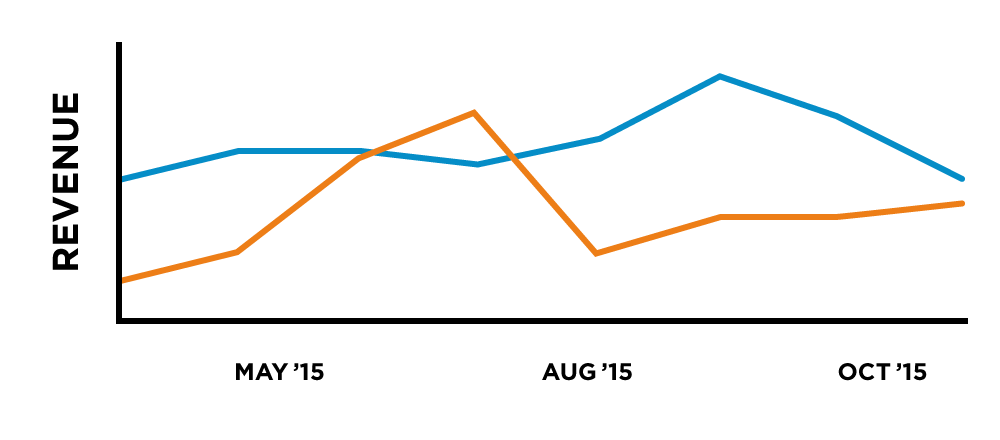
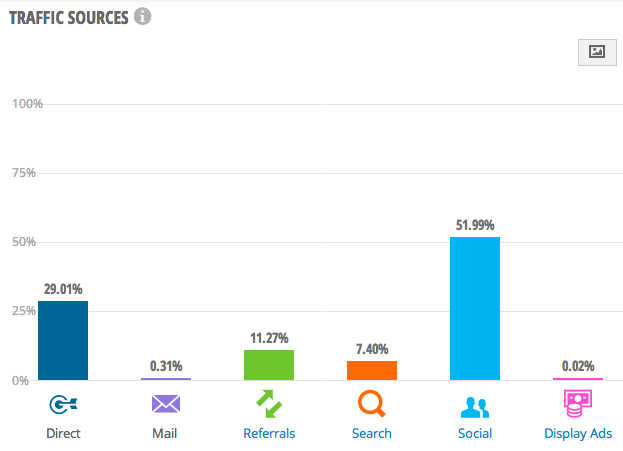
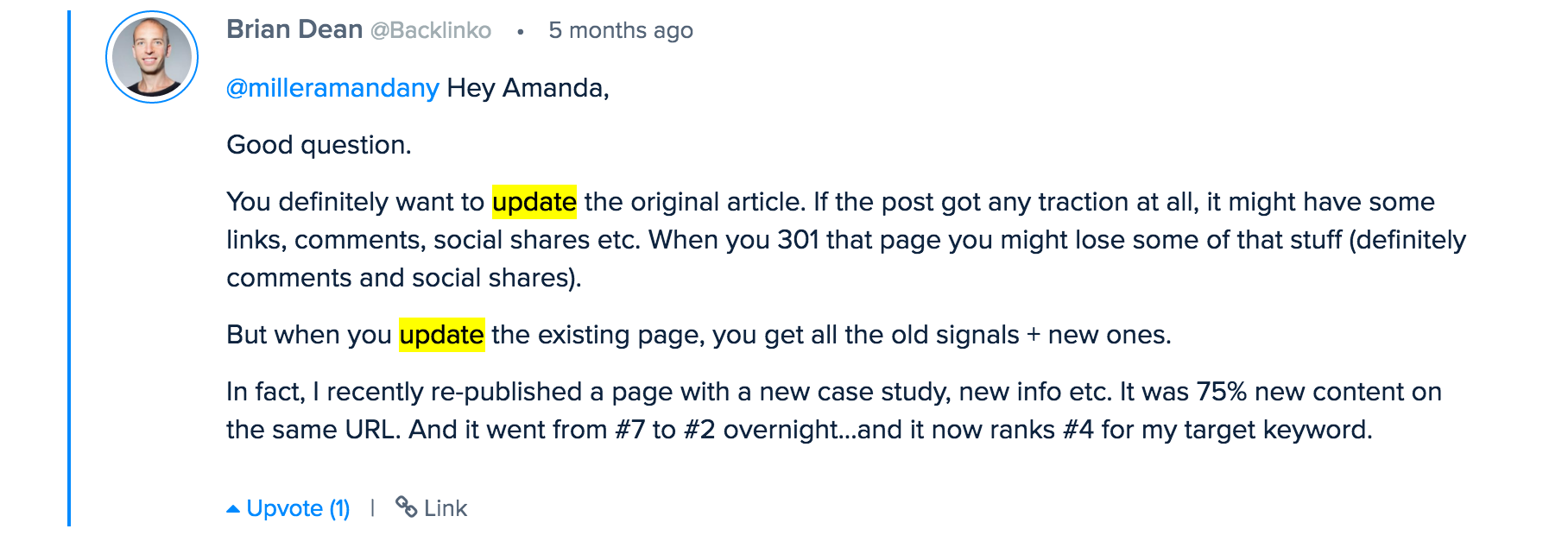
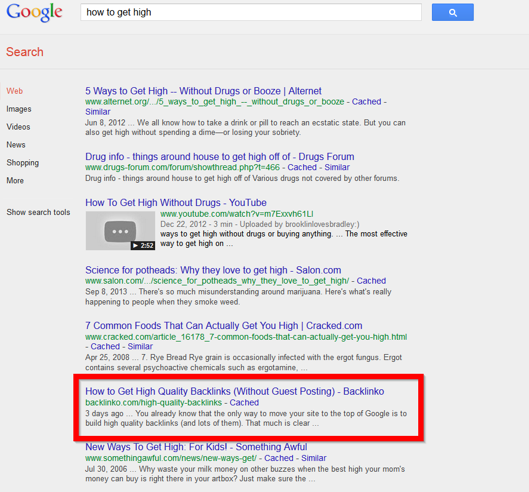
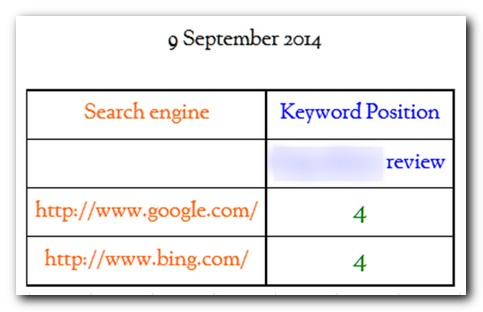
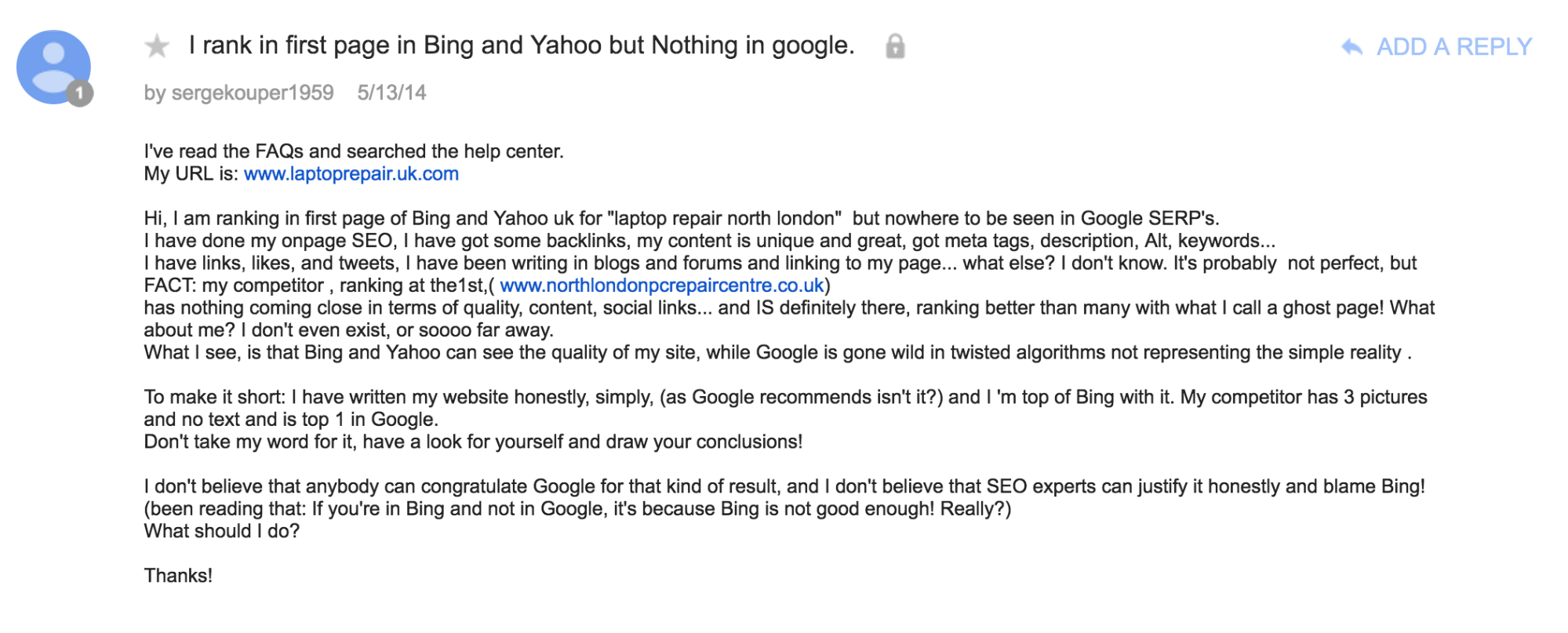

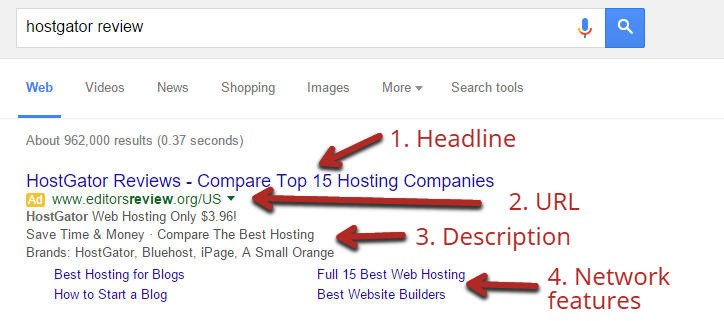
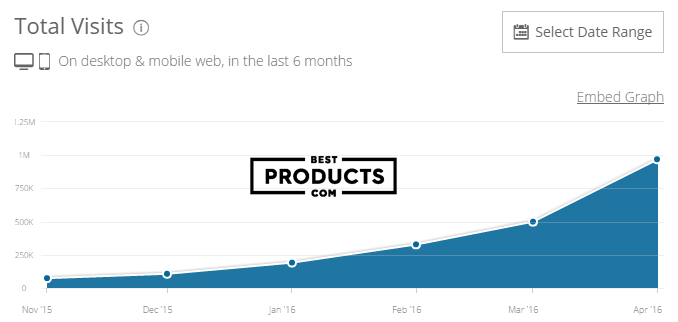

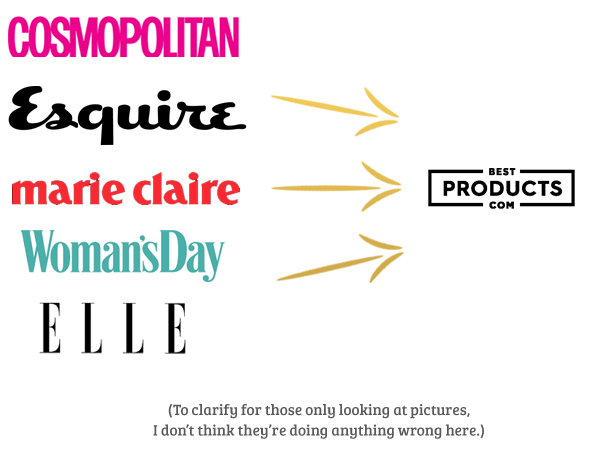

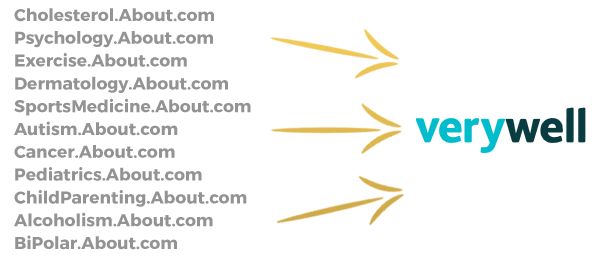
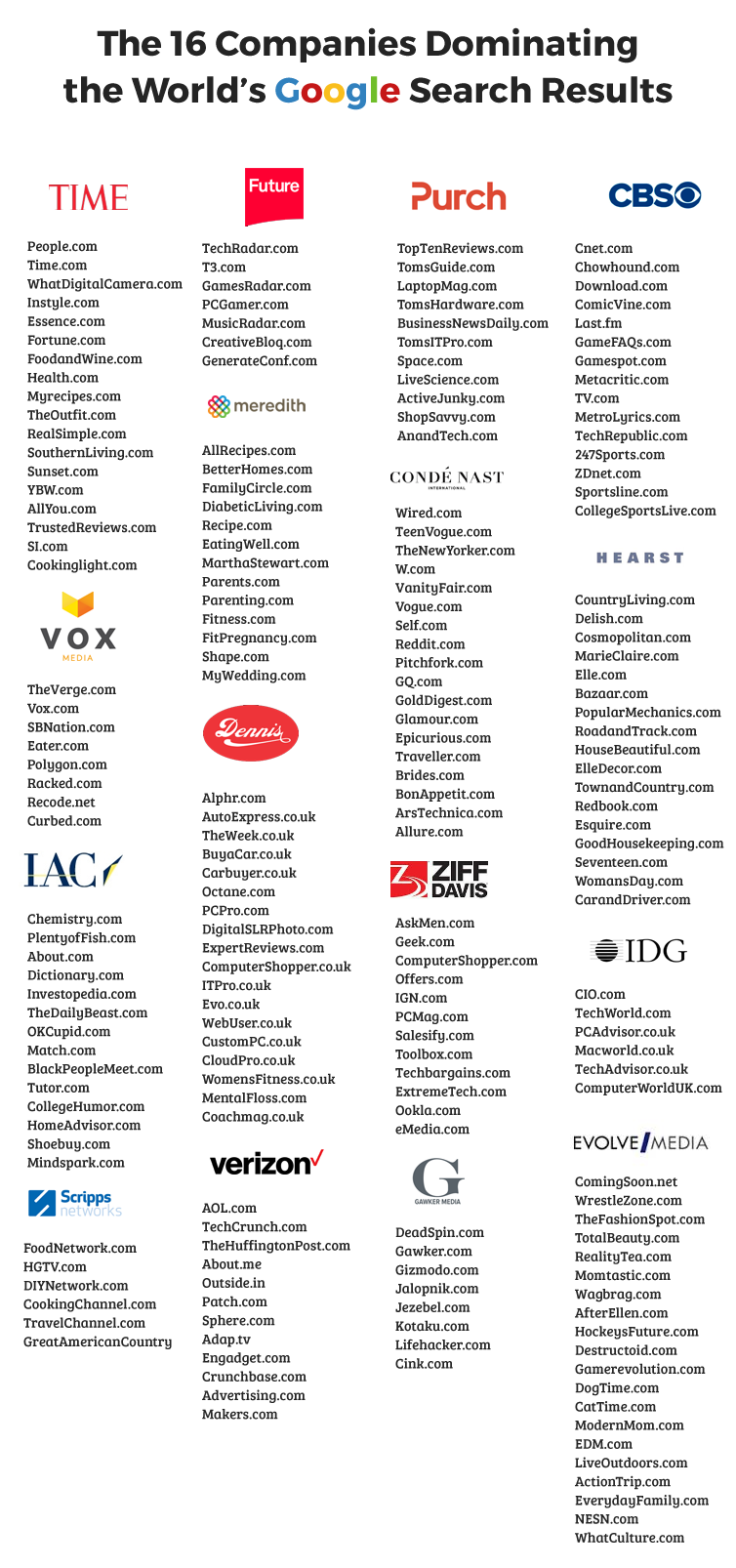

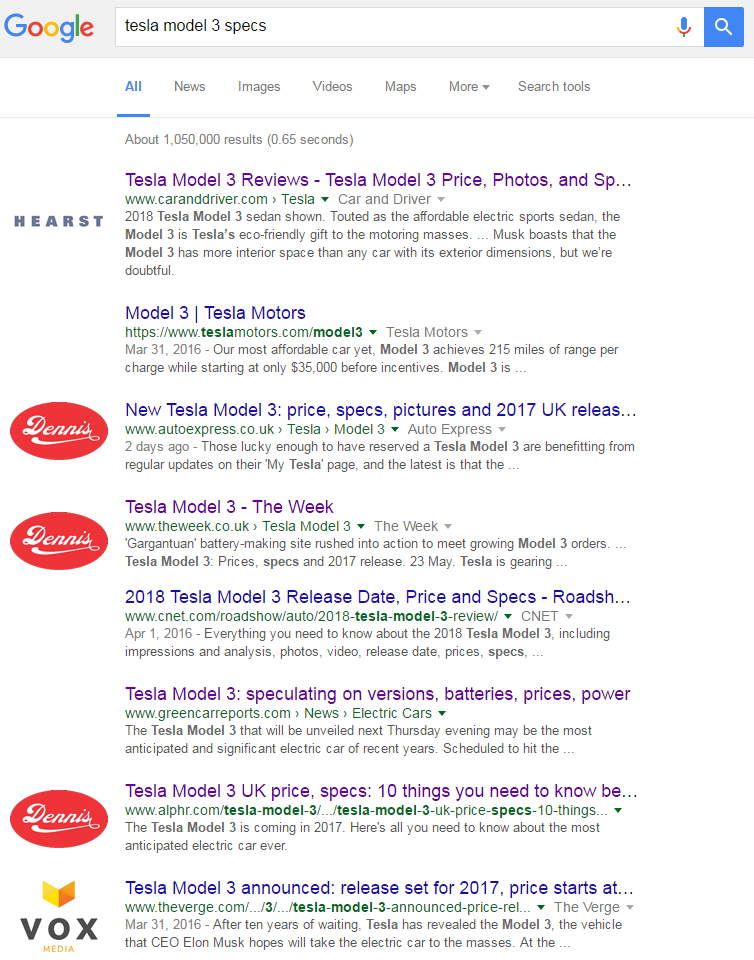
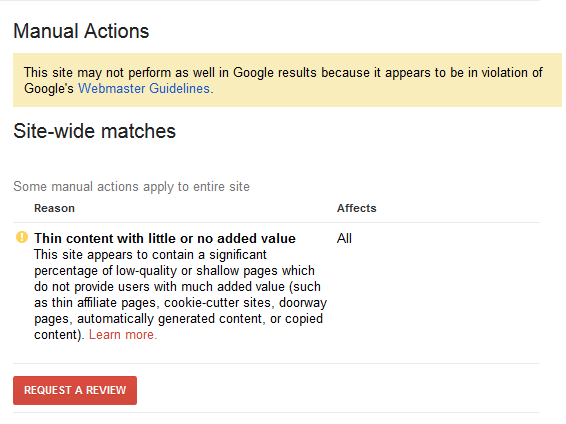
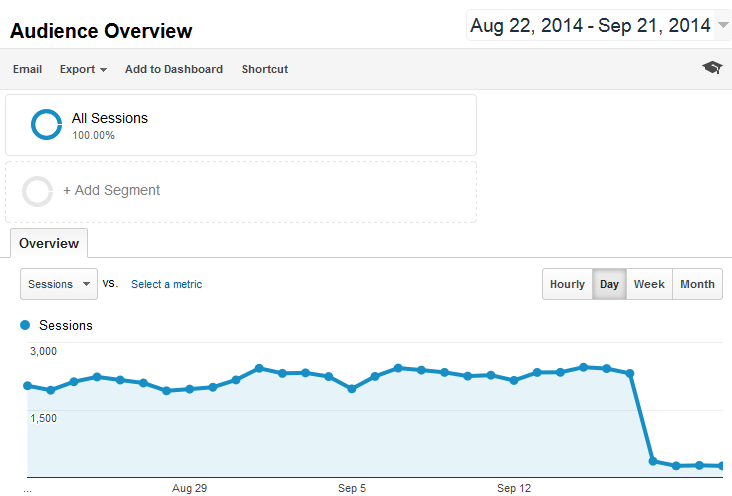
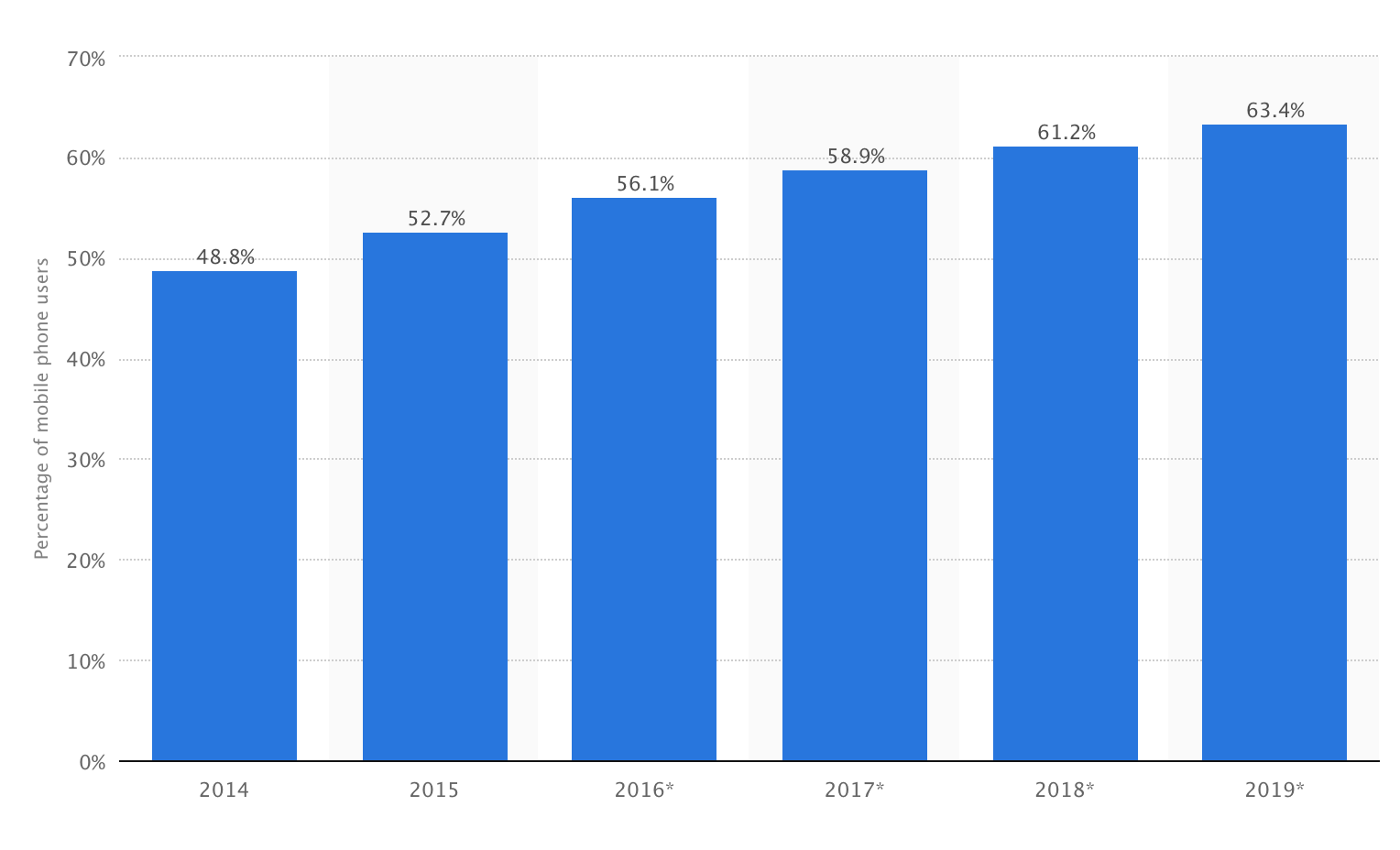
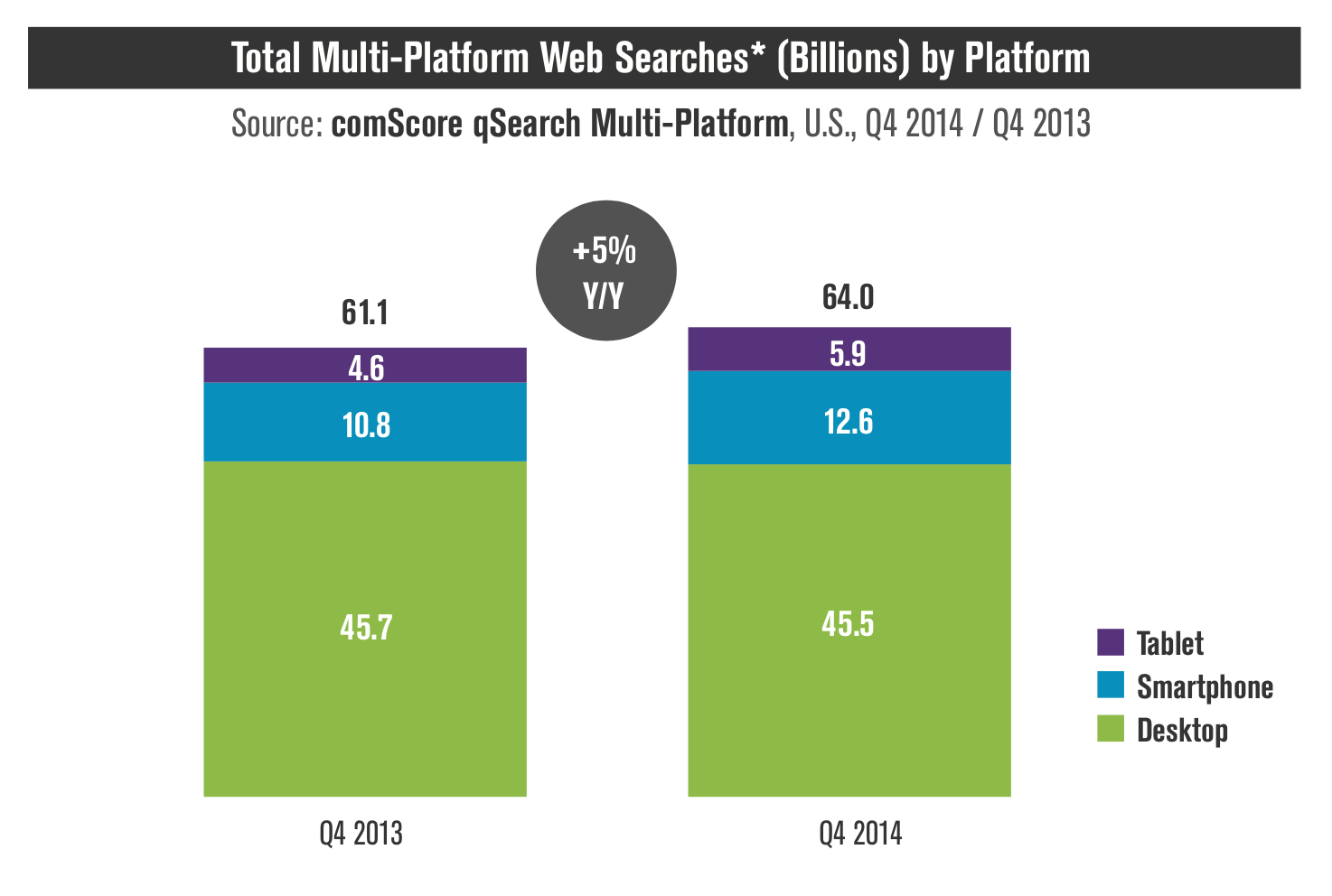
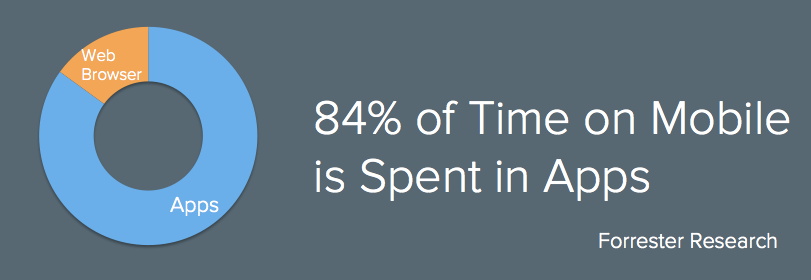
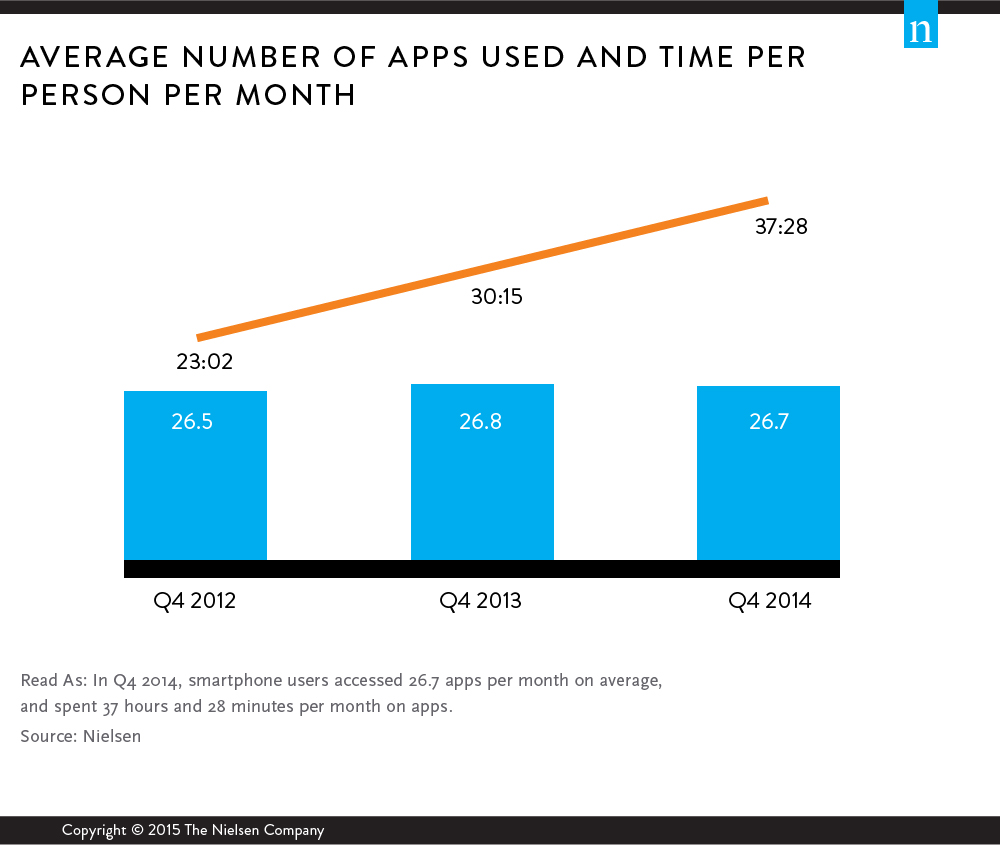
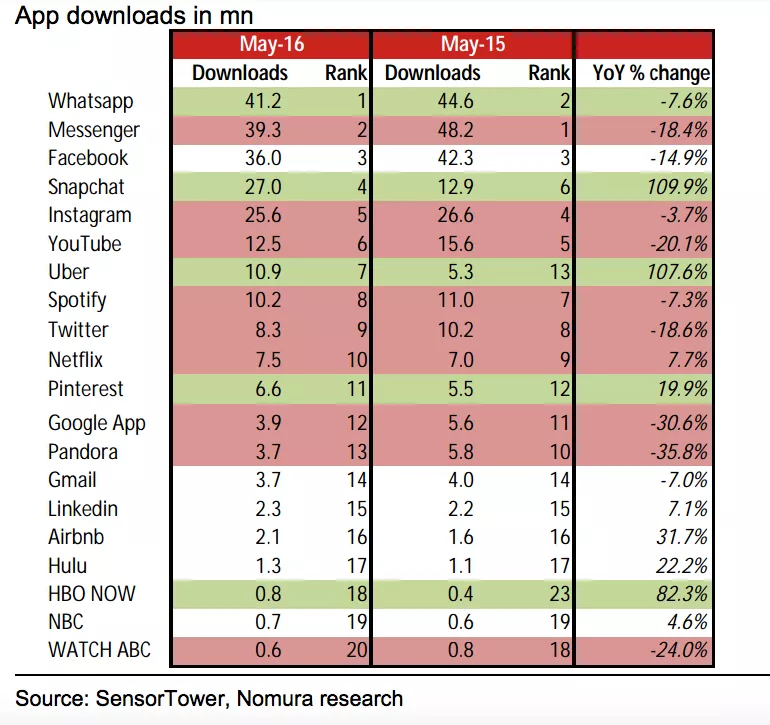
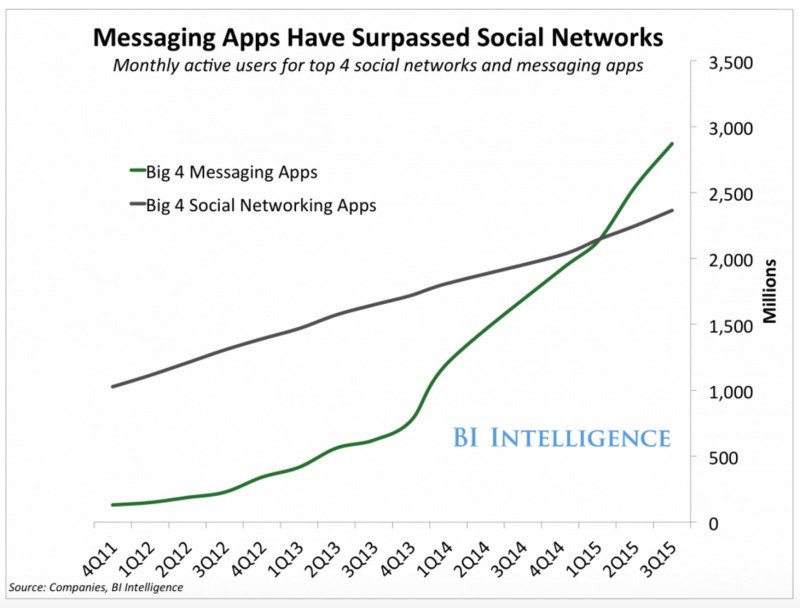
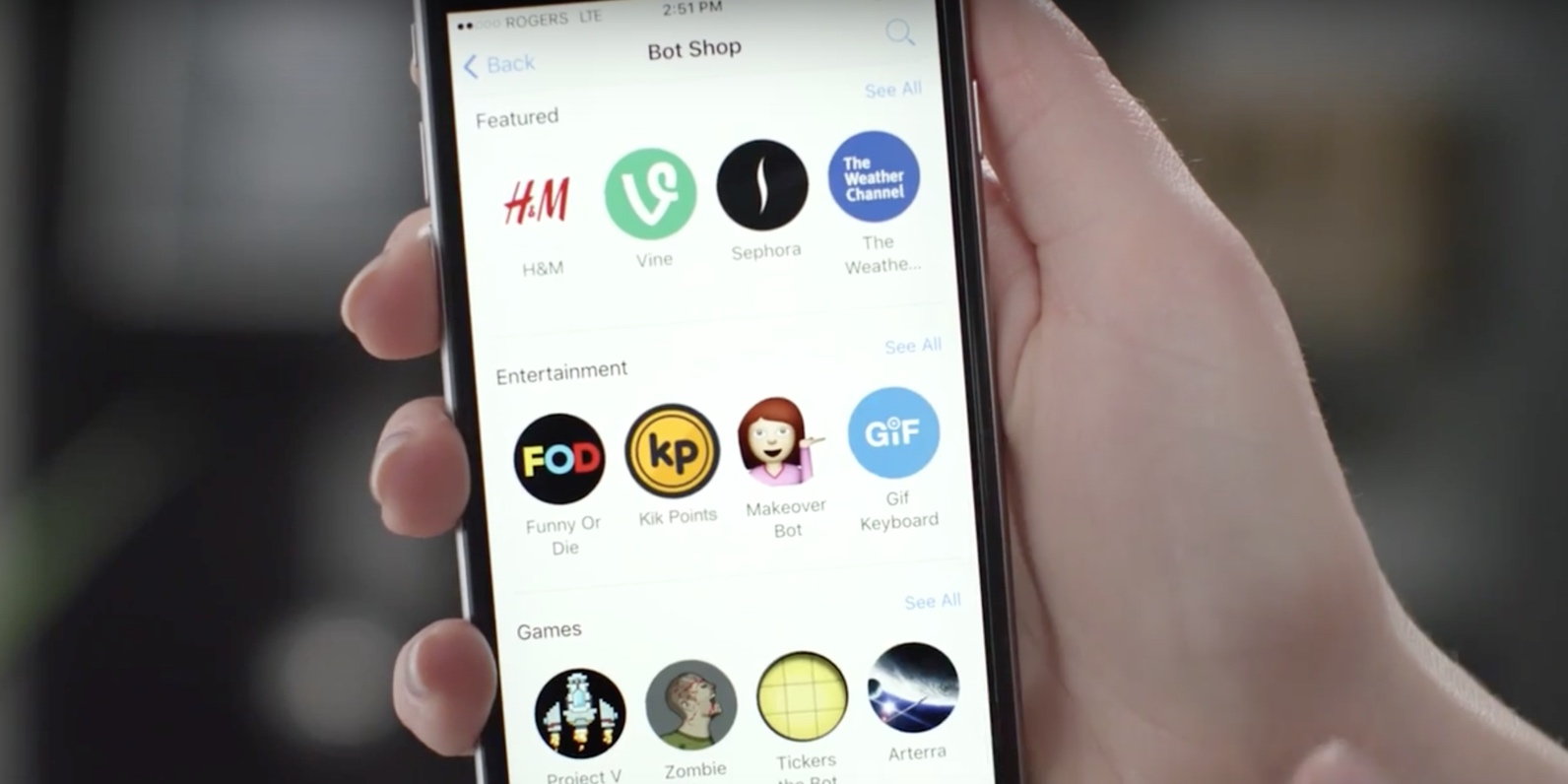
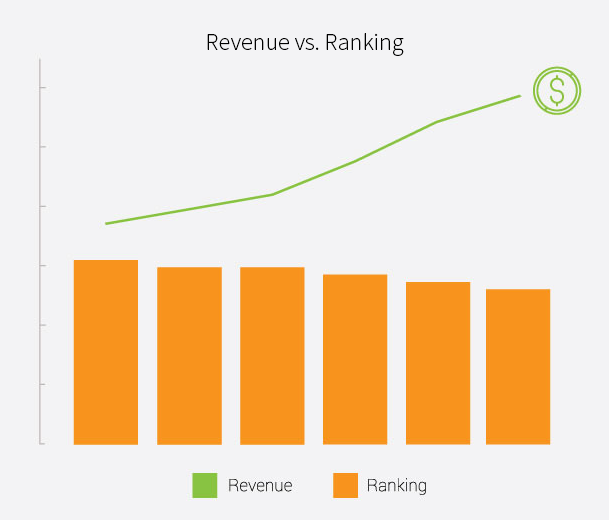
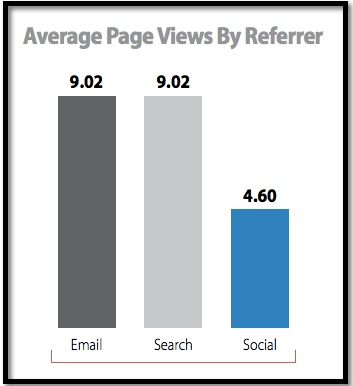
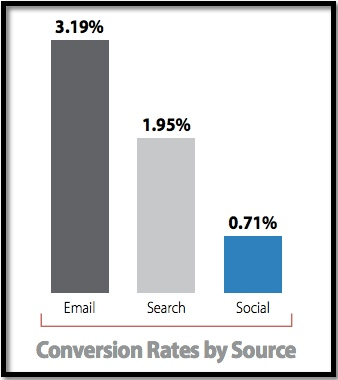
Comments (44)